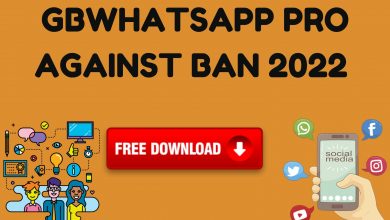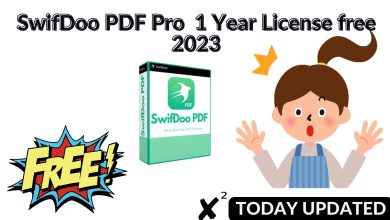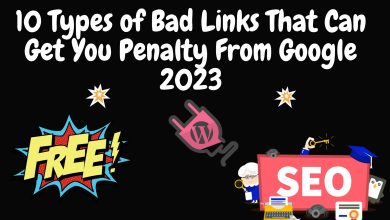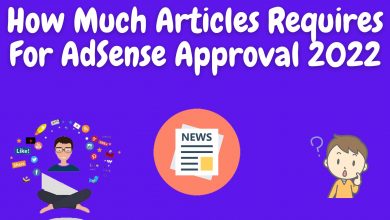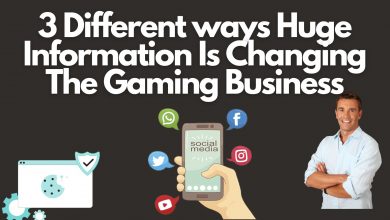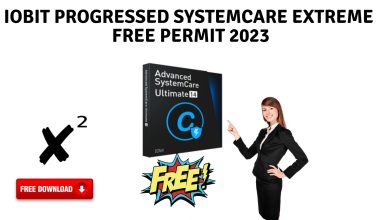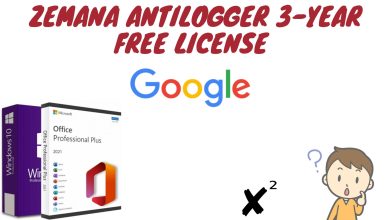What is the difference between GPLv2 and GPLv3?
There has always been some confusion as to what constitutes a work “based on” another work, which in turn leads to the reciprocity obligation in the GPL. The FSF has attempted to add more clarity to the GPLv3 as to when reciprocal compliance takes effect. The FSF has even written a new GPL license, the Afero License, to address a specific confusion it refers to as an “ASP vulnerability”.
In addition, the FSF has attempted to increase GPLv3 compatibility with other licenses. To combine two icons into a larger work, both programs must allow this. If these rights are granted by licenses for both software, they are compatible. By making GPLv3 more compatible, the FSF has expanded development options.
The third difference between the two versions is that GPLv3 was written in an effort to increase usage around the world. The language used in GPLv3 to describe licensing rights has been modified to ensure that international laws will interpret them as intended by the FSF, unlike the language used in GPLv2, which is very central to the United States. GPLv3 also allows developers to add a local disclaimer, which also helps increase its use outside the US.
What does LGPL cover?
The Lesser General License (LGPL) is a more lenient (weak copyleft) license. The LGPL is used to license free software so that it can be incorporated into both free and proprietary software.
LGPL and GPL licenses differ with one major exception; With LGPL, the requirement to open source code to your program extensions is removed. You are only obligated to submit your modifications to the original LGPL free library. Since a free library is always subject to the LGPL, any user of your software should be able to modify, recompile, or replace the free LGPL and use its modified version with your software.
You are also required to allow (or note to prevent) reverse engineering of work that uses the library to enable debugging when modifying the LGPL library overwriting newer versions.
Note that LGPL is GPL compliant: you can decide to “upgrade” to GPL and integrate it into a fully GPL licensed project if you wish. However, you cannot go the other way and re-license the licensed GPL code as LGPL.
So he wrote the GNU General Public License to guarantee four freedoms for users:
- Freedom to run the software for any purpose.
- Freedom to study the source code and change the program for any purpose.
- Freedom to share the program with others.
- The freedom to share your modified versions of the software with others.
What does GPL mean for WordPress?
WordPress chose the GPL license because it aims to create a welcoming and inclusive community. In fact, the GPL can be thought of as the “bill of rights” in WordPress. It provides the core core values that the project believes in.
The license gives anyone the freedom to download, copy, use, study and modify the WordPress code. This philosophy encourages a spirit of openness and sharing.
And it works. WordPress is an open source community project where tens of thousands of talented people have made contributions to make it into the great software it is today.
There is a core team of developers leading the development of the project, but anyone who appreciates WordPress can contribute to its success. Developers can contribute patches and bug fixes, and users can suggest new features.
GPL and WordPress themes and plugins?
The GPL allows anyone to not only study the WordPress source code but also to modify and extend it to meet their needs. The only limitation is that if you share a modified version of a GPL program, it must also have a GPL license.
This is called “copyleft,” a play on the word “copyright.” It makes sure that free software stays free by using copyright law to claim the same freedoms that all modified versions provide.
For this reason, any business based on WordPress inherits the GPL license. This includes “derivative works” such as WordPress themes and plugins . Copyleft means that they must also be released under the GPL.
This means that any WordPress theme or plugin you download from the official WordPress.org directory is GPL software, and even most commercial WordPress themes are released under the same license.
We hope this article helped you learn more about what GPL means for WordPress. You may also want to check out our additional reading list below for related articles on useful WordPress tips, tricks, and ideas.

I hope you, dear reader, share the post



